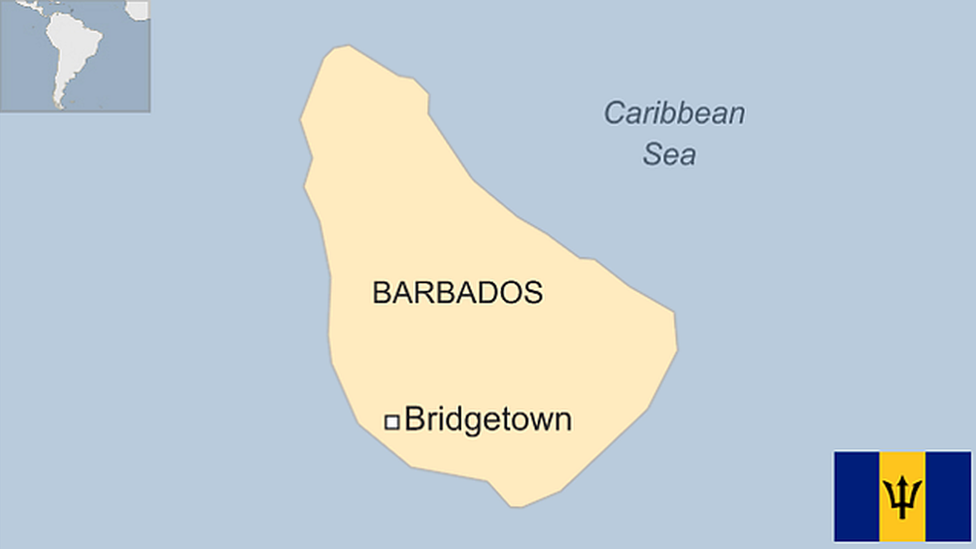Barbados independence 50: What changed after the British left?
- Published
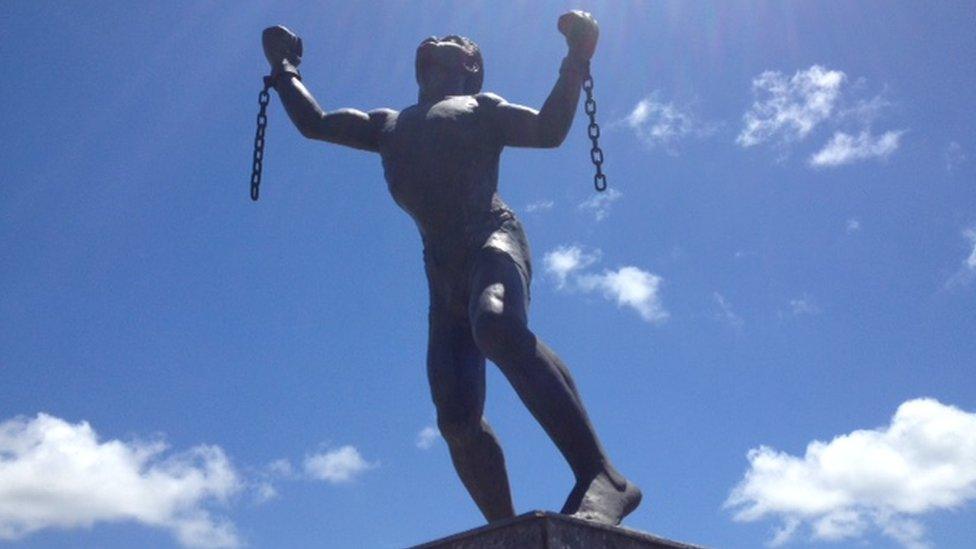
Slavery - and eventual emancipation - are the cornerstone of the Barbados story
Barbados is celebrating 50 years of full independence from Britain.
The east Caribbean island was once dominated by a hugely profitable sugar industry that exploited African slaves - whose descendants now make up the large majority of the population - and European indentured labour.
We asked Barbadians ("Bajans") who remember the days before independence to share their memories of that time, and explain how life has changed on the island five decades later.

'We've made tremendous strides' - Elridge Dixon
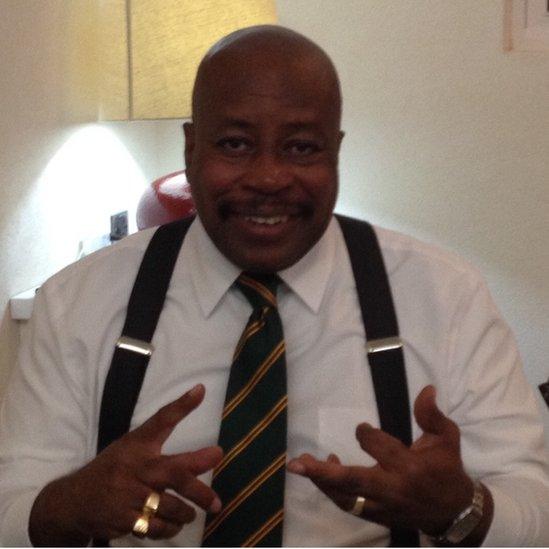
Eldridge Dixon was a young boy on that momentous rainy day in 1966
A schoolboy of 14 at independence, Elridge Dixon has vivid memories of that day, 30 November 1966: "I watched the live TV broadcast of the Union Jack being lowered and the new Broken Trident flag of Barbados being raised in the pouring rain."
Mr Dixon went on to become a teacher, a field worker for a UN development project and, finally, a manager for a German pharmaceutical firm.
"We've made tremendous strides in the past 50 years, in education, healthcare and housing," he says. "The country has remained stable and holds elections that are free, fair and without incident."

'People are richer' - Sandra Straker
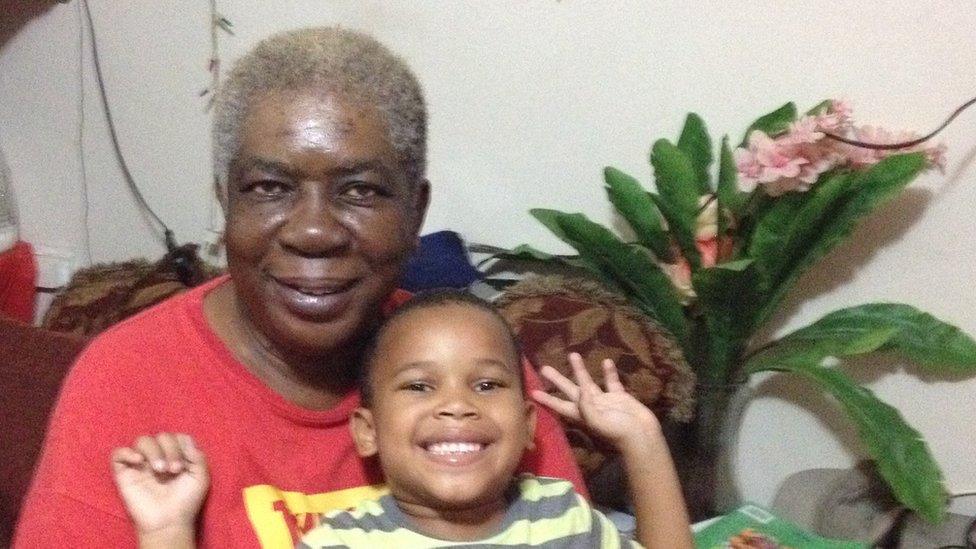
Sandra Straker wore an English sailor's hat as the new flag was raised
Sandra Straker, a political activist and grandmother, went to watch the ceremonial raising of the new Barbados flag in person, at the British Army parade ground at Garrison Savannah (now a racecourse).
"I was a little girl and I will never forget that night," she says. "As we watched the flags change, an English sailor gave me his hat to wear - but I had to give it back or he would have been charged when he got back on his ship!"
Ms Straker has seen major social transformation: "There used to be whites-only areas. We as little black people could not walk there. That's all changed now."
But she also sees clouds on the horizon today: "In the past, fishermen gave free fish to those who had children but no money. Now we are richer, people don't care for their brothers and sisters like they used to."

'Our culture has not changed' - Lady Gwendolyn Brancker
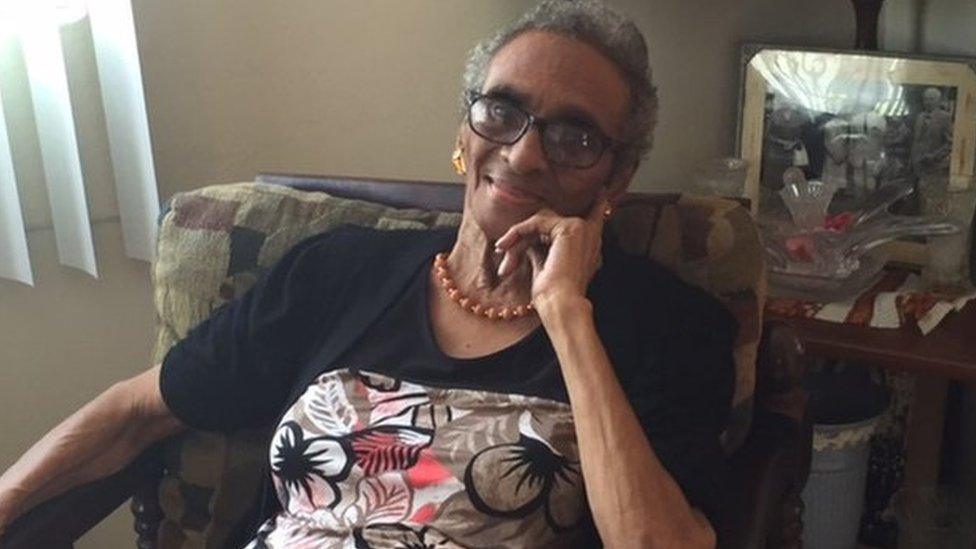
Lady Gwendolyn Brancker wonders if Barbados will also move away from having the Queen as head of state
Barbadians reacted to the prospect of independence with a mixture of excitement and concern about the future, recalls Lady Gwendolyn Brancker: "I felt a feeling of trepidation, not because I was against independence but because the event was so emotional."
She feels the practical effects of full independence have been minimal but predicts more constitutional change will come.
"I don't think anything has really changed - our culture and life in general have remained the same. Independence was a continuation of our lives and it mainly meant that we were no longer a colony of Britain.
"Nowadays, some people think we should go further and become a republic. I believe one day that will happen."

'Things are better now' - Nita Trottman
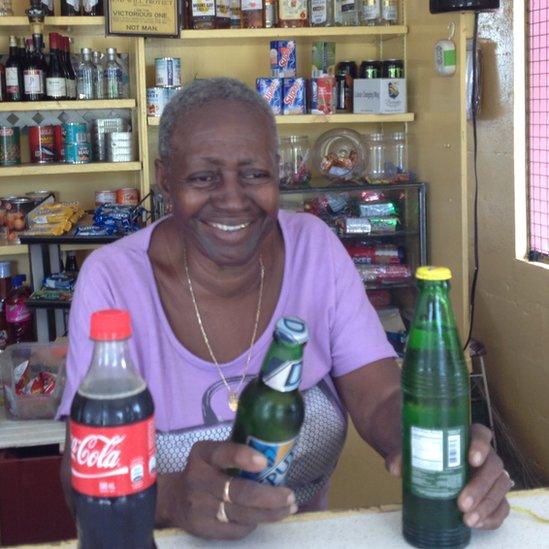
Nina Trottman has worked in her family's rum shop for the past 50 years
Nita Trottman has worked in her rum shop (the Barbadian equivalent of an English local pub) for the whole of her adult life.
Her parents opened the shop - named "Trotties" - in Watts Village in St George parish in 1952, and Nita began work there after leaving school around the time of independence.
For her, full Barbadian self-rule was a final release from routine inconveniences.
"In those days, if you got a money order from England, you had to go to a justice of the peace and get him to sign the back of it before you could get the money. Now we have ID cards for things like that."
While things have not always gone well since independence - the global financial crash in 2008 heavily affected the tourism-dependent island - she is adamant that self-determination has brought benefits.
"Things are better now. We've had hard times but everyone's got enough to eat."

'This country is blessed' - Ervin 'Joe' Ford
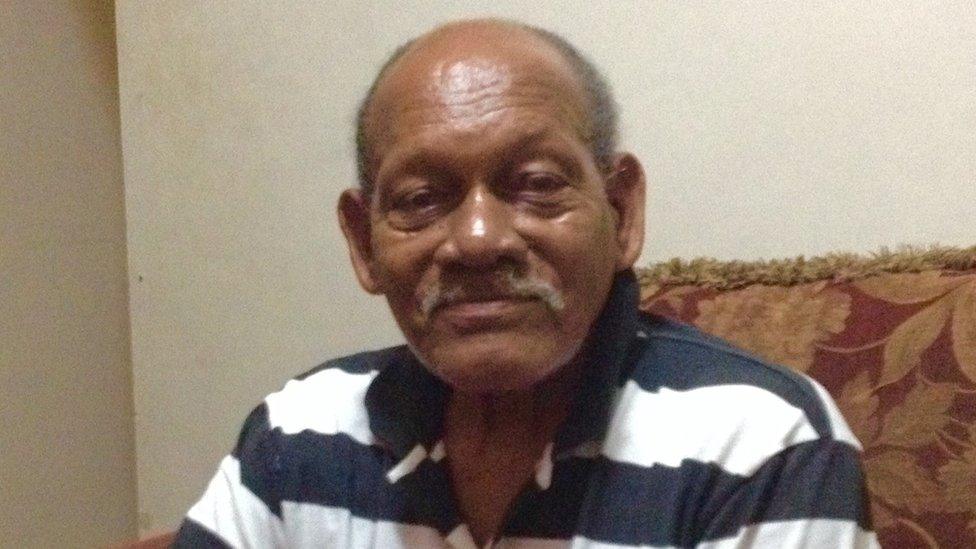
Ervin Ford did not have a television to watch the independence ceremony on
At the time of independence, Ervin Ford was serving as a 31-year-old merchant seaman, helping deliver sugar cane and other products from Barbados to islands around the Caribbean.
At home in Wildey, St Michael, he listened to the independence ceremony on the radio.
"Only richer people had TVs. Black people were nothing in Barbados," he remembers.
He has since witnessed the country's main industry move from sugar cane production to tourism.
"Visitors from England and America have helped build tourism here," he says. "This country is blessed by the Lord - it's a beautiful country, the best in the Caribbean."
Interviews by Adrian Dalingwater and Andree Massiah.
- Published13 May 2024
